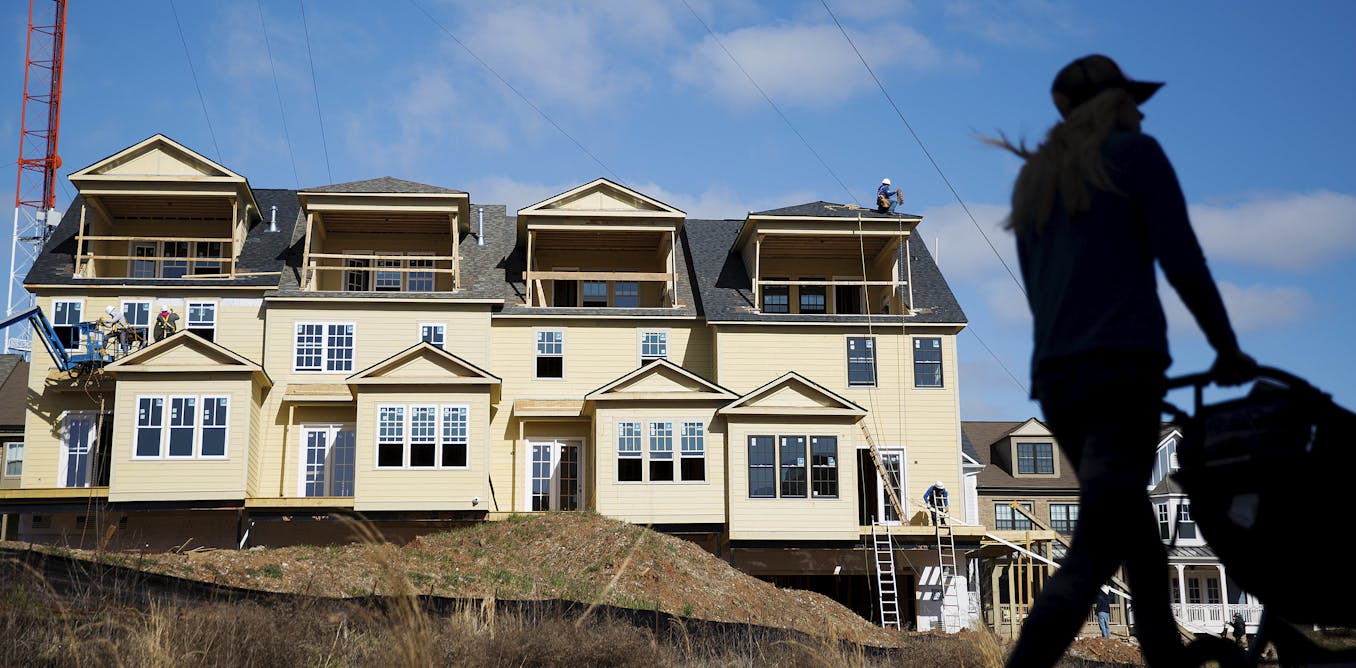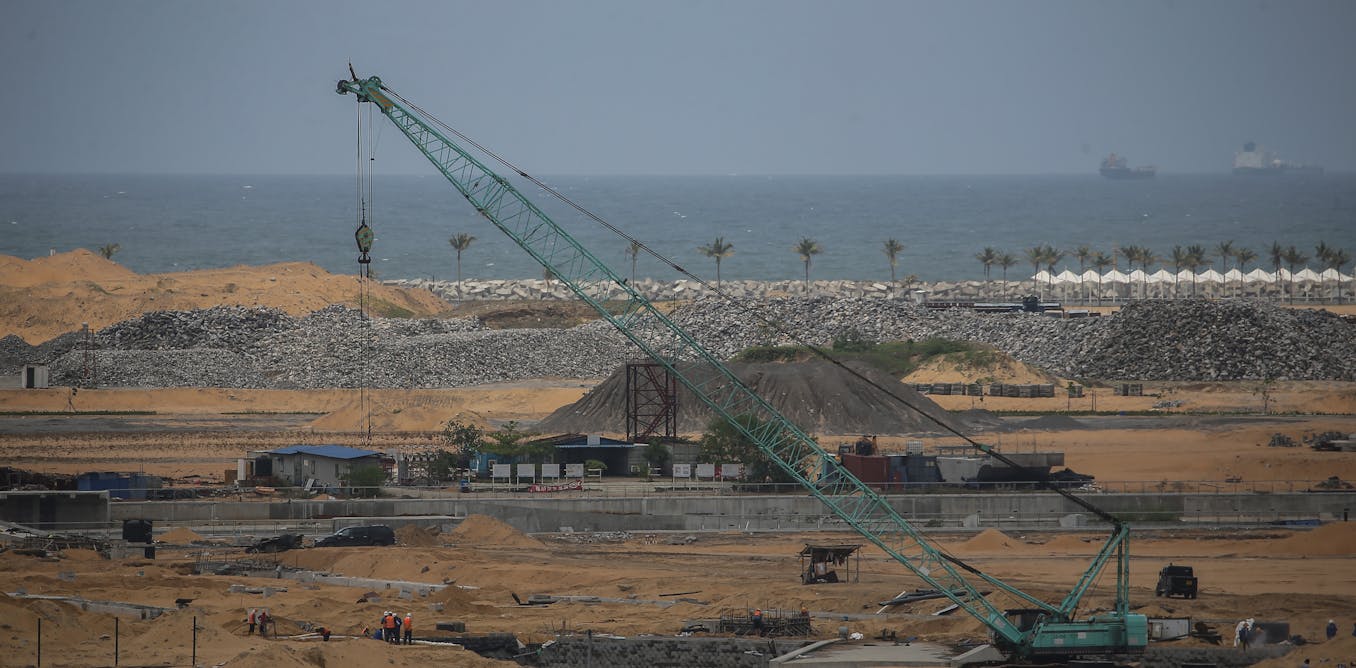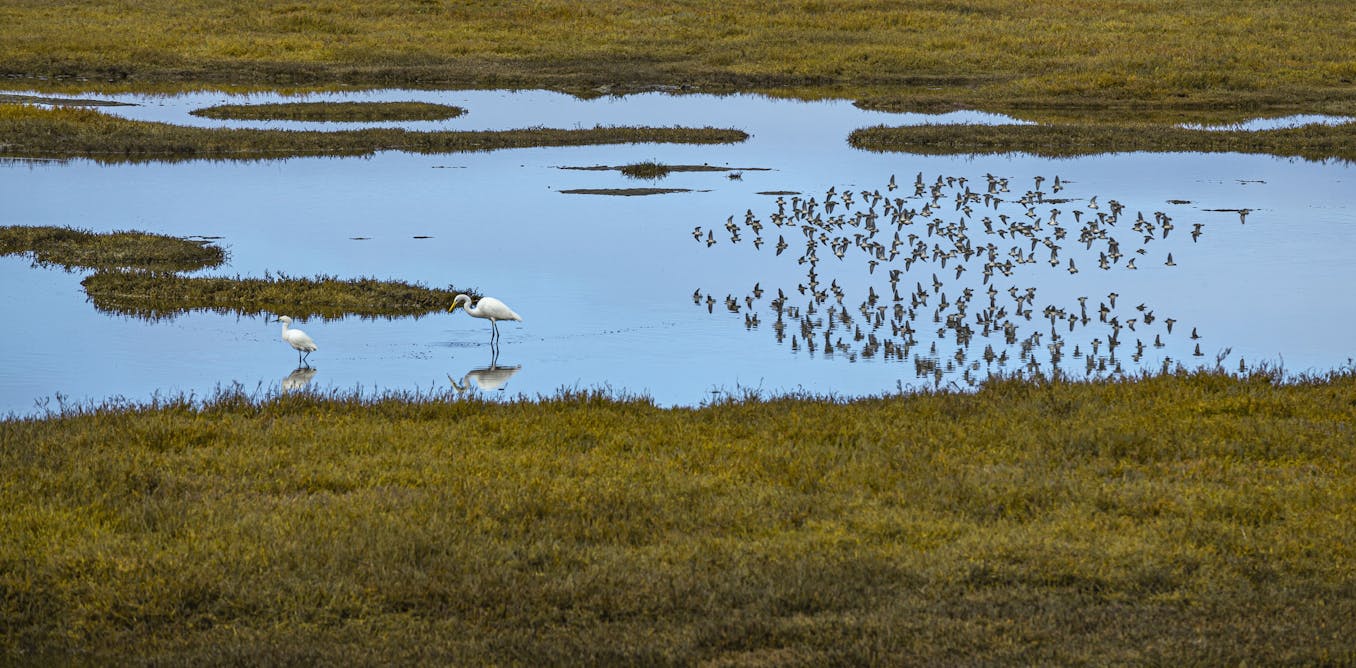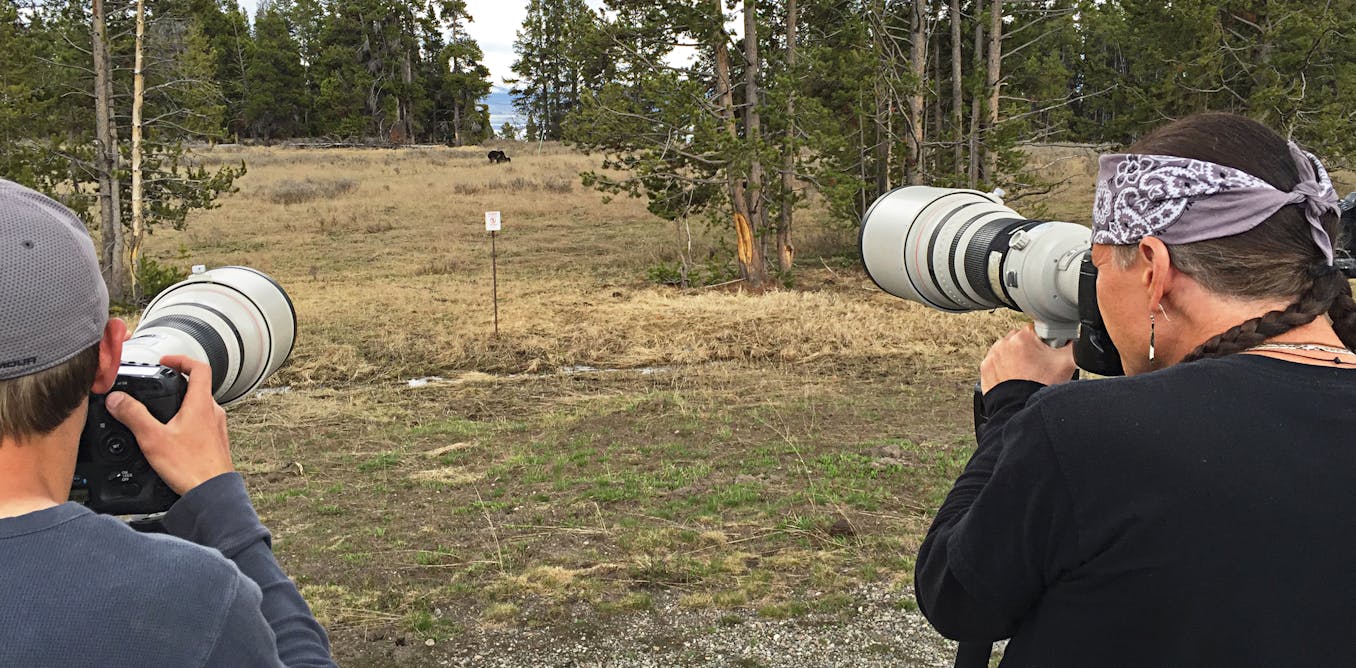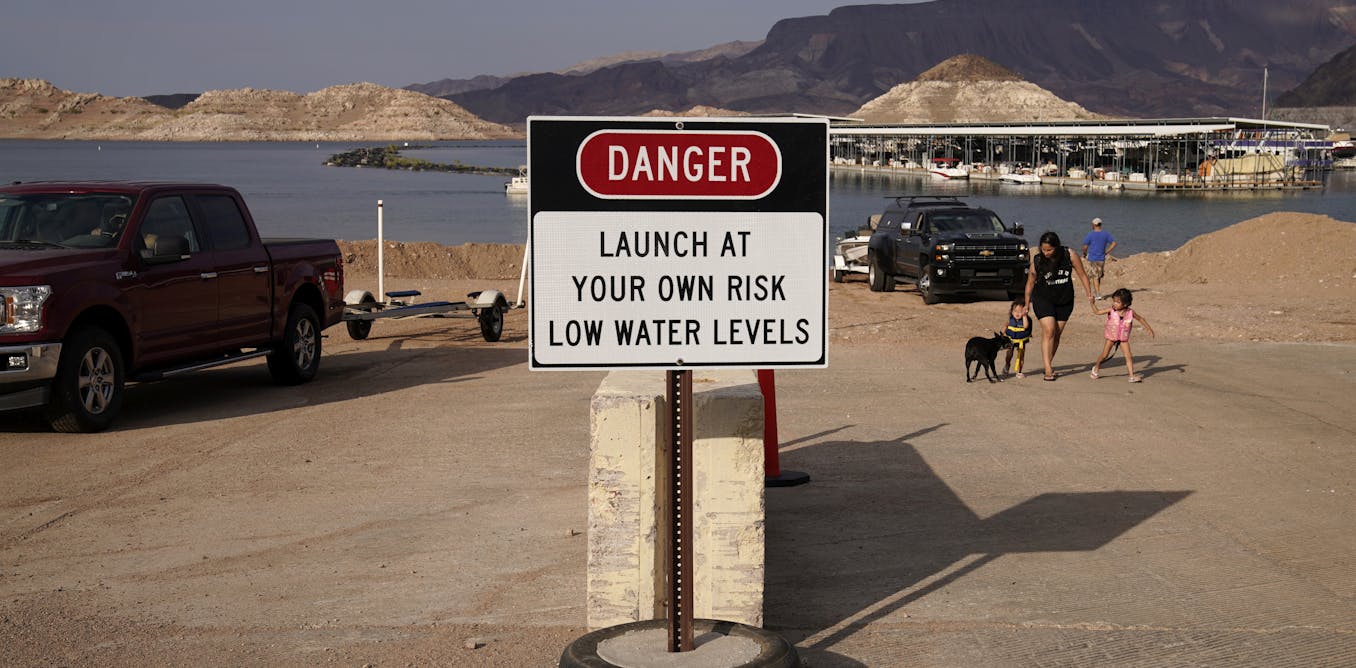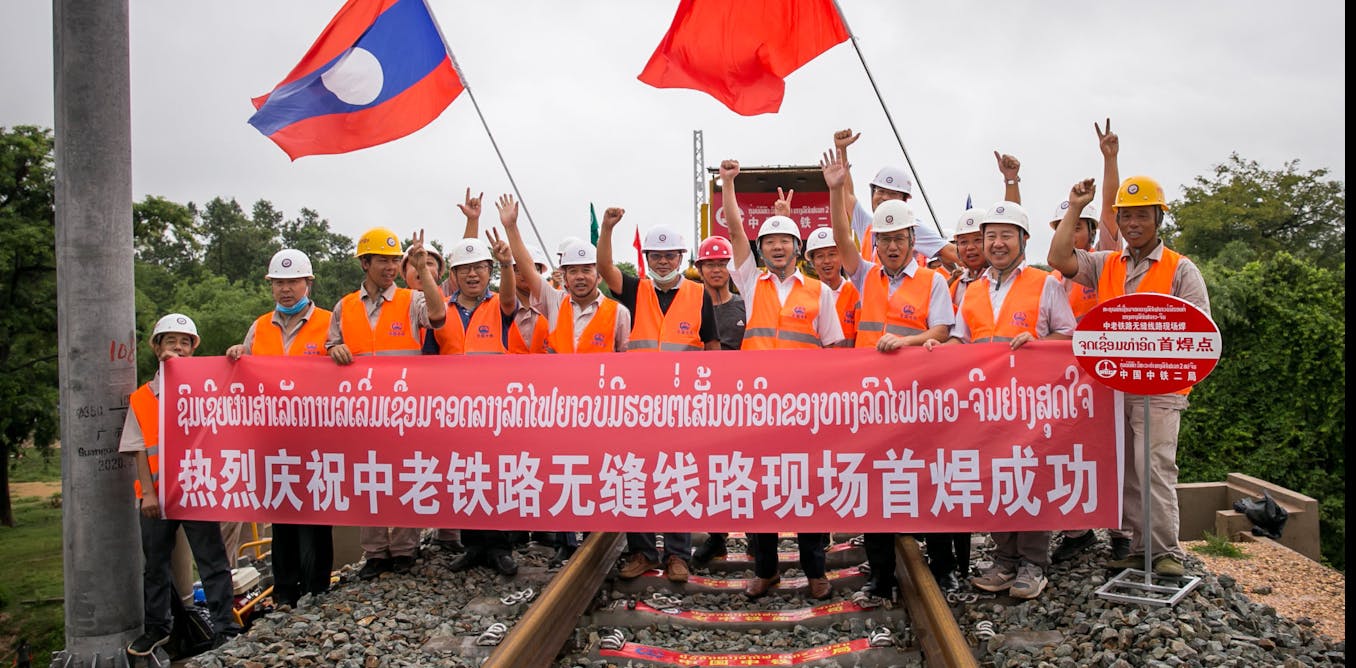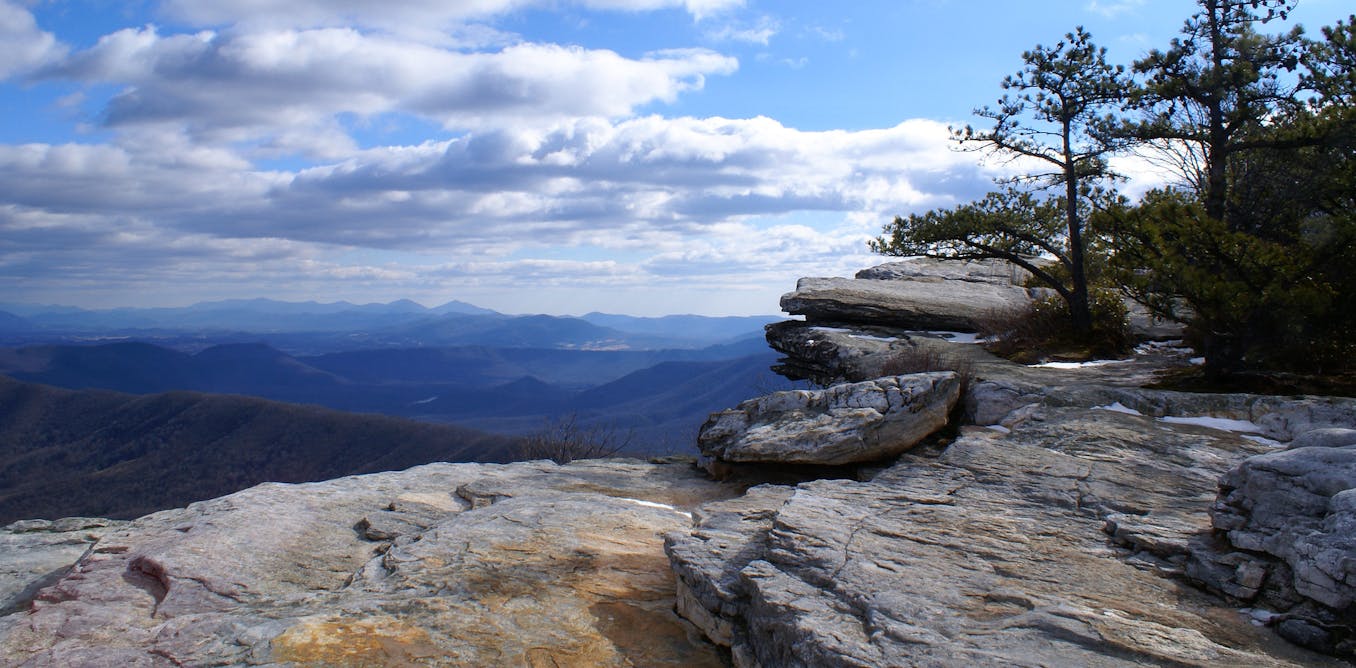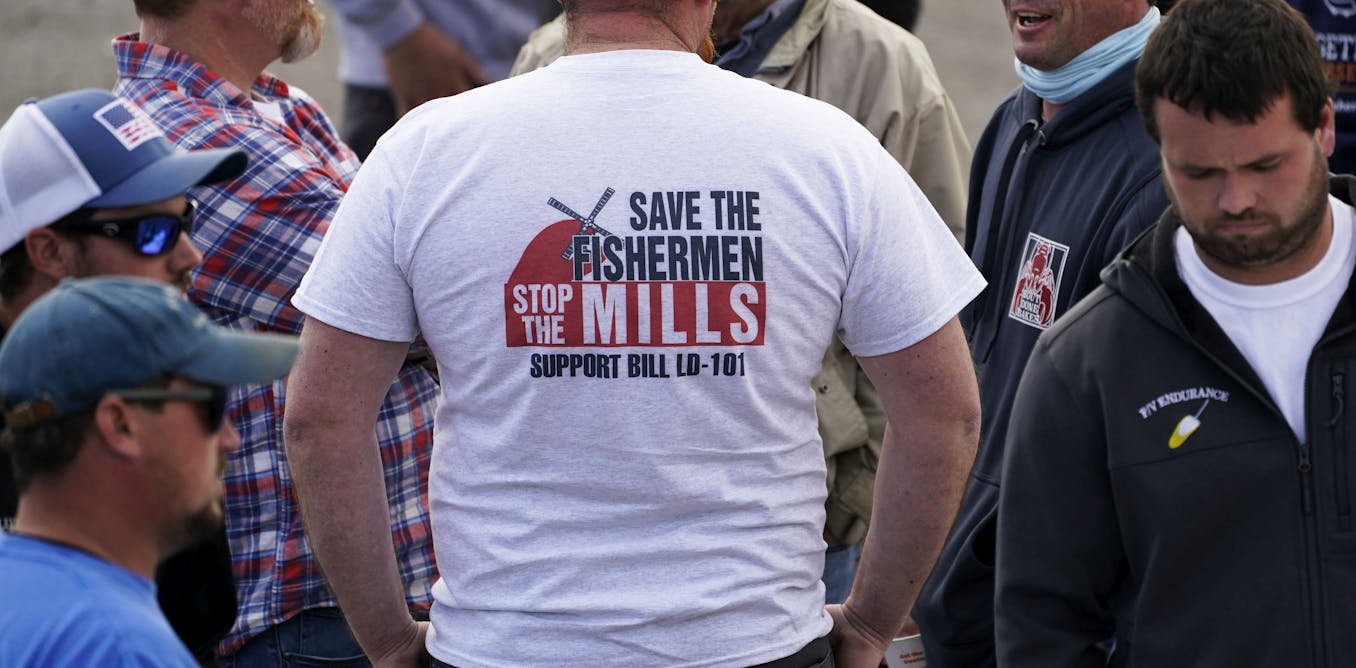Atlanta's BeltLine shows how urban parks can drive 'green gentrification' if cities don't think about affordable housing at the start
A longtime critic of Atlanta’s BeltLine explains how the popular network of parks has increased inequality in the city and driven out lower-income residents.
Jan. 25, 2023 • ~10 min

